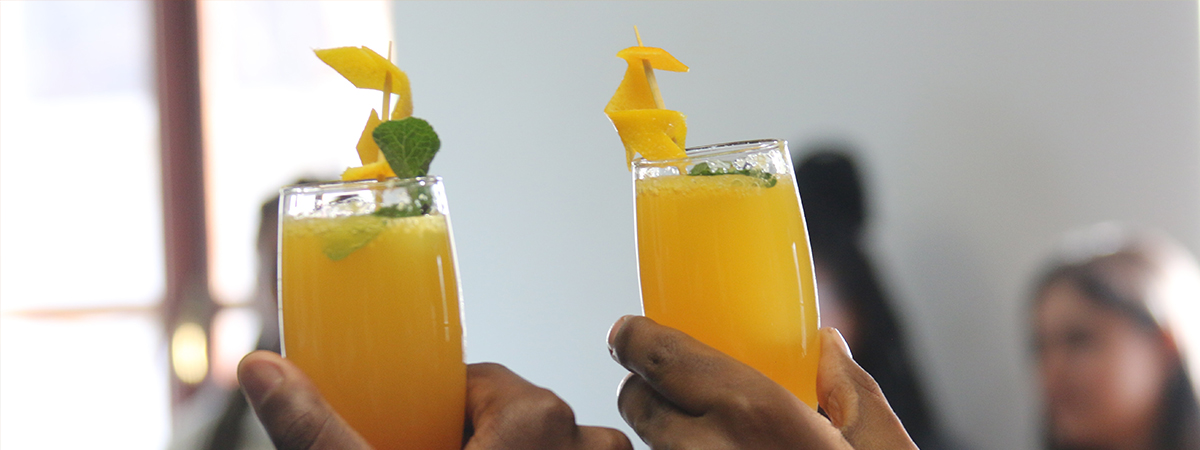PRODUCT KNOWLEDGE

In the United Kingdom, the name of a fruit or fruits followed by juice can only be legally used to describe a product which is a 100% fruit juice, as required by the Fruit Juices and Fruit Nectars (England) Regulations and the Fruit Juices & Fruit Nectars (Scotland) Regulations 2003. However a juice made by reconstituting the concentrate can be called juice.
A product described as the “nectar” of a fruit must contain a minimum of juice between 25% and 50%. A juice or nectar including concentrates must state in its packaging that it does include the ingredients. However, the term “juice drink” is not defined in the Regulations and can be used to describe any drink which includes juice, however little. Comparable rules apply in all EU member states in their respective languages.
In the USA, fruit juice can only legally be used to describe a product which is a 100% fruit juice. A blend of fruit juice(s) with other ingredients, such as high fructose corn syrup, is called a juice cocktail or juice drink. According to the Food and Drug Administration (FDA), the term “nectar” is generally accepted in the U.S. and in international trade as a diluted juice and to denote a beverage that contains fruit juice or puree, water, and which may contain artificial sweeteners.
In New Zealand and particularly Australia, amongst other countries, juice denotes a sweetened fruit extract, whereas nectar denotes a pure fruit or vegetable extract. Fruit juice labels may at times be misleading, with juice companies actively hiding the actual content. “No added sugar” is commonly printed on labels, but the products may contain large amounts of naturally occurring sugars; however, sugar content is listed with other carbohydrates on labels in many countries.
Some carbonated beverages, not described as fruit juice, contain fruit juice (such as Mountain Dew, which contains orange juice).

